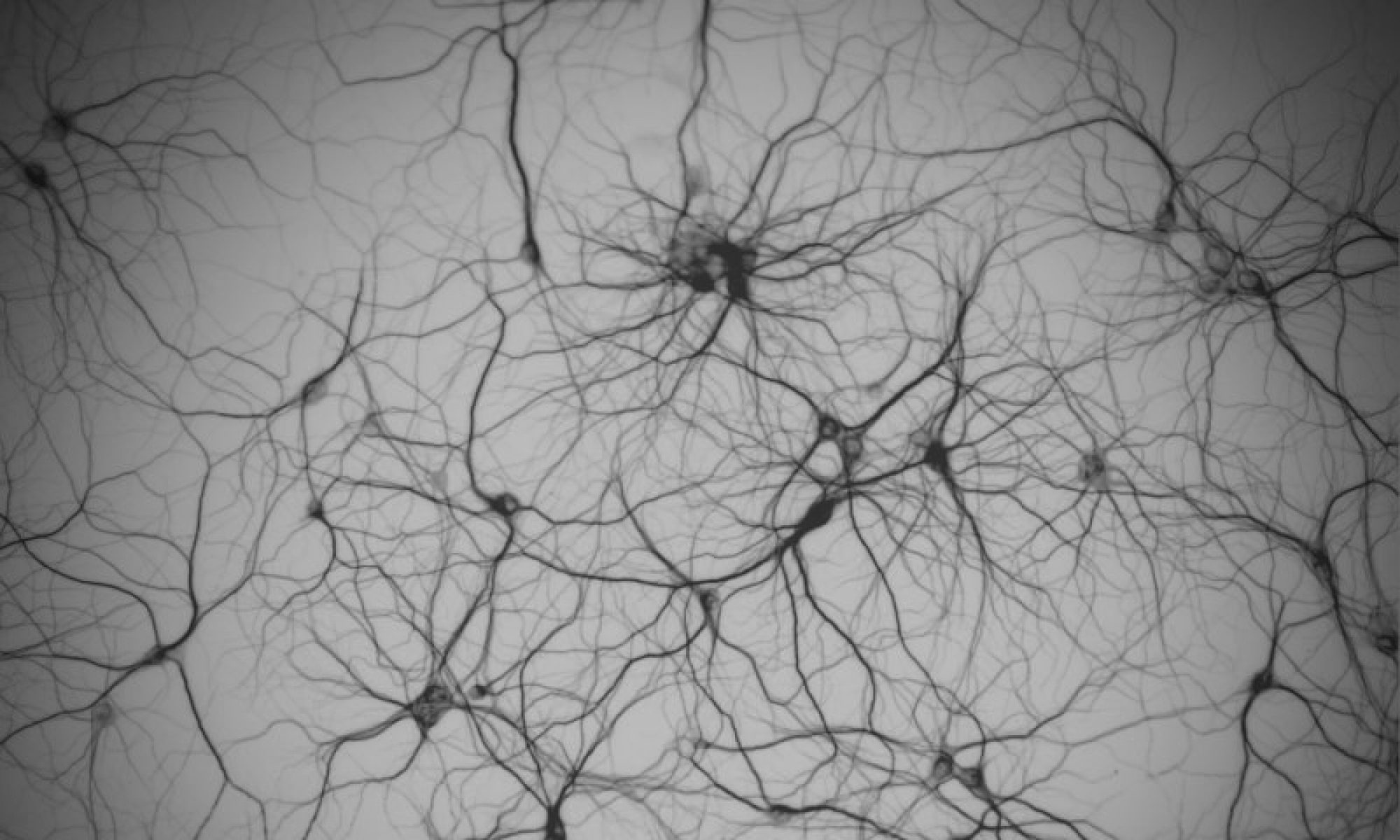TOUCHY SUPERJECTS: haptics, posture, and individuation
In Ancient Greek, the verb for touch is haptomai. Contrary to the way it is said in English and other Indo-European languages, haptomai is neither active (touching) nor passive (being touched), but medial (touching-and-being-touched, inseparably). The medial is a verbal diathesis that can only be found in Ancient languages, such as Greek, Latin and Sanskrit. In the medial, the agent is at the same time the origin and the site of their action (Benvéniste 1966). In the medial, what I do is simultaneously what makes and affects me. Being born, dying, touching, dancing, pondering… all those verbs, in Greek, can only be said in the medial, pointing to activities or events that we participate in, and that reciprocally, we emerge from.
In this lecture weaving phenomenology (Straus 1935), process philosophy (Manning 2013) and somatic practices (Godard 1995), we’ll trouble our grammar with touch. We’ll envisage how haptics and the ways we are held contributes to the way we hold and support ourselves on the Earth’s surface. We’ll think of the touching subject as a touching superject: an emerging feature of relations in an affective environment.
Romain Bigé, PhD, digs, writes about, curates, and improvises dance and philosophy. Lives and teaches nomadically in and out of Paris, France. Currently is Philosophy and Epistemology Professor at Aix-en-Provence Fine Arts School (ESAAix). Fell in dance in North America and Western Europe with Steve Paxton, Lisa Nelson, Nancy Stark Smith, Matthieu Gaudeau, and many others. And now investigates the somatopolitical potentials of dance for mobilizing sensitivities to other critters.

